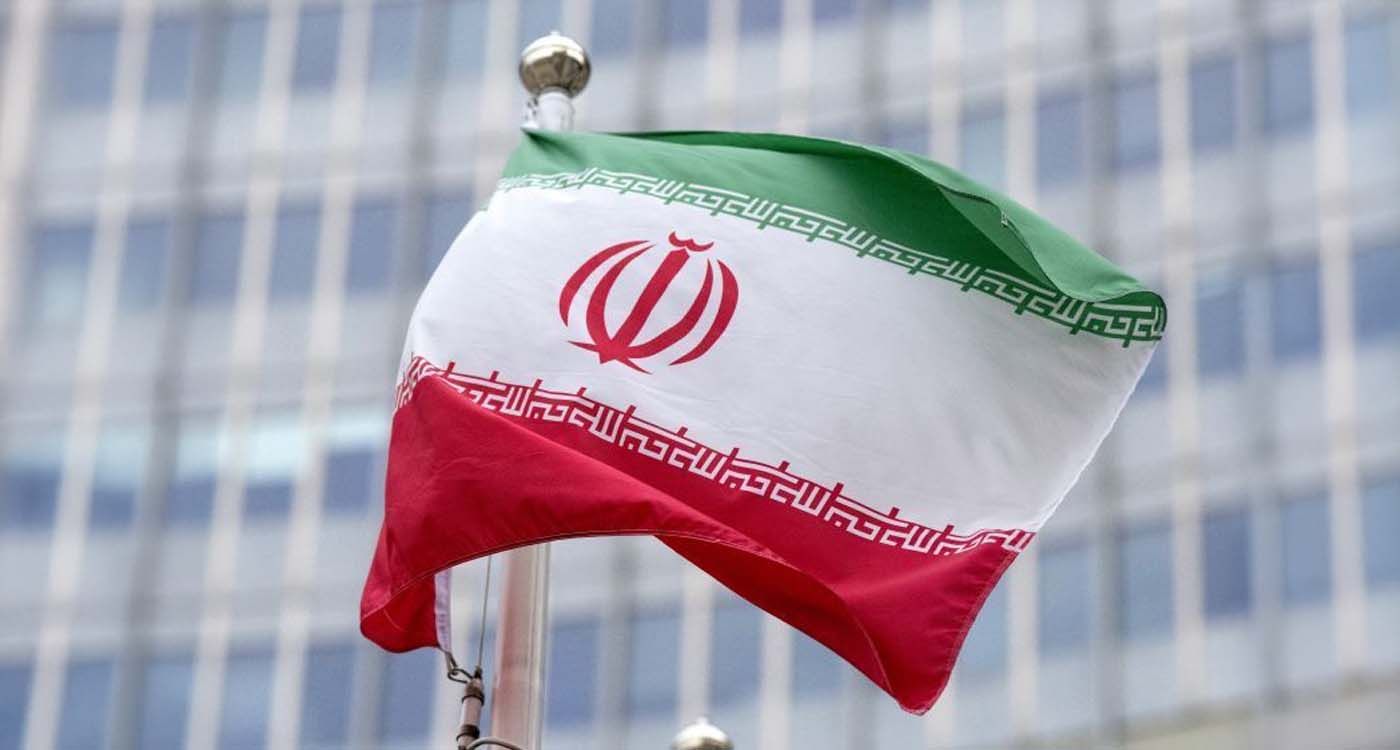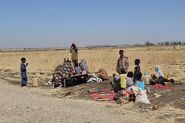- Home
- Middle East
- UN Says 'Worrying Surge' in Iran Executions

The UN Human Rights Office has condemned a dramatic spike in executions in Iran, reporting over 612 deaths in the first half of 2025, many involving minorities or drug-related charges. Citing concerns over vague charges, unfair trials, and the use of capital punishment to silence dissent, UN rights chief Volker Turk called for an urgent moratorium. ©AFP
The United Nations on Monday urged Iran to stop using the death penalty, citing a "worrying surge in executions" that has included at least 612 people being killed so far this year.
"Reports that there have been several hundred executions in Iran so far this year underscore how deeply disturbing the situation has become and the urgent need for an immediate moratorium in the country on the use of the death penalty," said a statement from UN human rights chief Volker Turk.
According to information gathered by the UN Human Rights Office, at least 612 people were reportedly executed in the first half of 2025.
The figure is more than double the number during the same period in 2024, when the Iranian authorities reportedly carried out at least 297 executions, the statement said.
Minorities are disproportionately affected, it added.
"It is alarming to see the reports that indicate there are at least 48 people currently on death row -- 12 of whom are believed to be at imminent risk of execution," said Turk.
More than 40 percent of those executed this year were convicted of drug-related offenses, his office said, while others were tried on "broad and vague charges such as 'enmity against God' and 'corruption on Earth', which are often used by the authorities to silence dissent".
Turk said information gathered by his office indicated that judicial proceedings, in a number of cases, were often held behind closed doors and had consistently failed to meet due process and fair trial guarantees.
Several NGOs say that Iranian authorities have arrested hundreds of people and executed dozens in a wave of repression following the 12-day war with Israel, accusing the Islamic republic of using fear to compensate for weaknesses revealed by the conflict.
Iran enforces capital punishment for a range of serious crimes and ranks as the world's second-most prolific executioner after China, according to human rights groups including Amnesty International.
Executions in Iran are typically carried out by hanging at dawn.
Iran says executions limited to 'most severe crimes'
Iran defended its use of the death penalty, saying it applies to only the most serious offenses.
"The death penalty is recognized under Iran's domestic laws for a range of the most serious crimes," foreign ministry spokesman Esmaeil Baqaei said, adding Tehran was "striving to limit the use of this punishment to only the most severe crimes".
By AFP
Read more



Comments